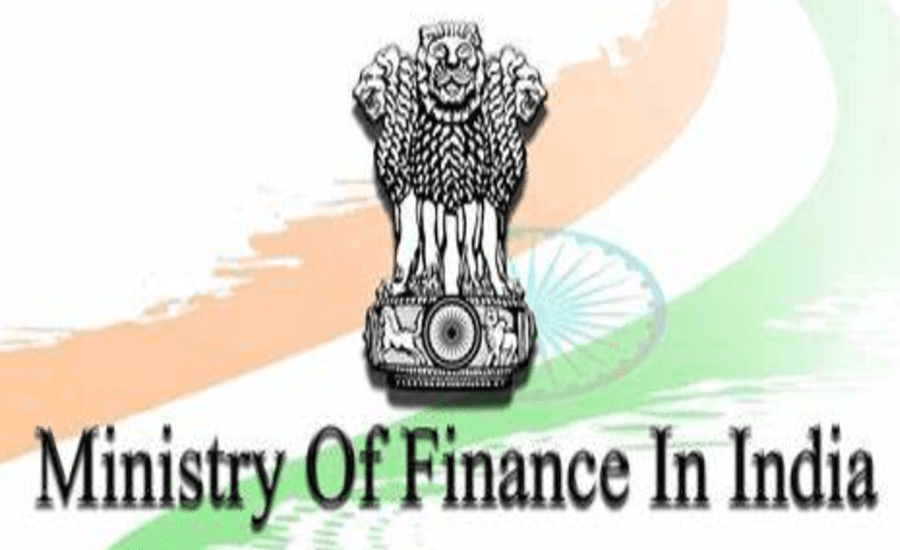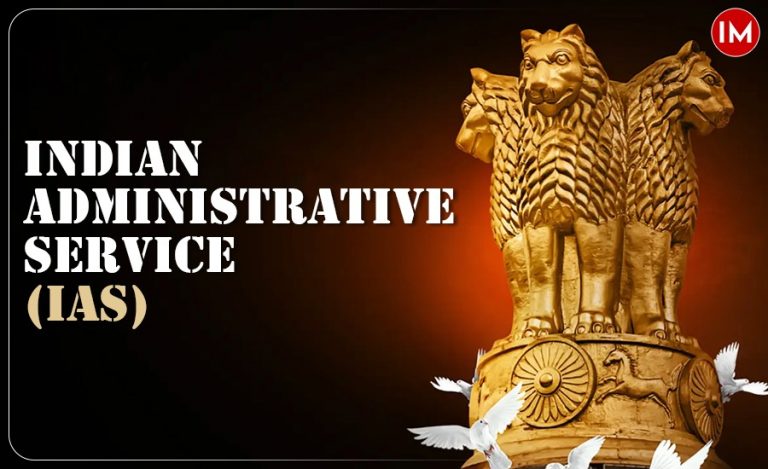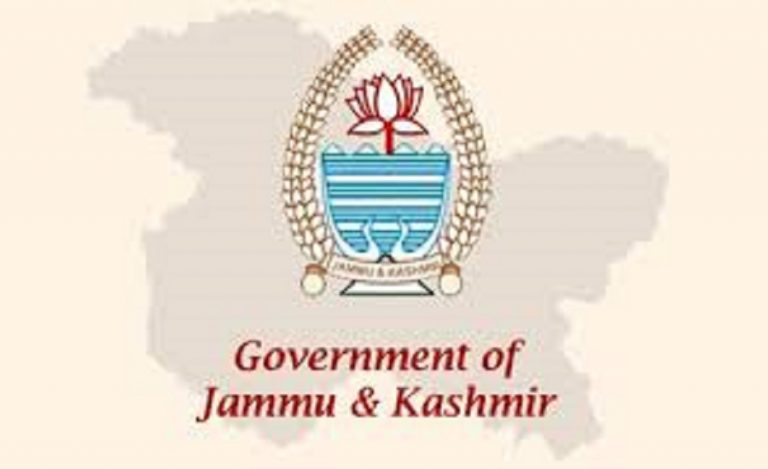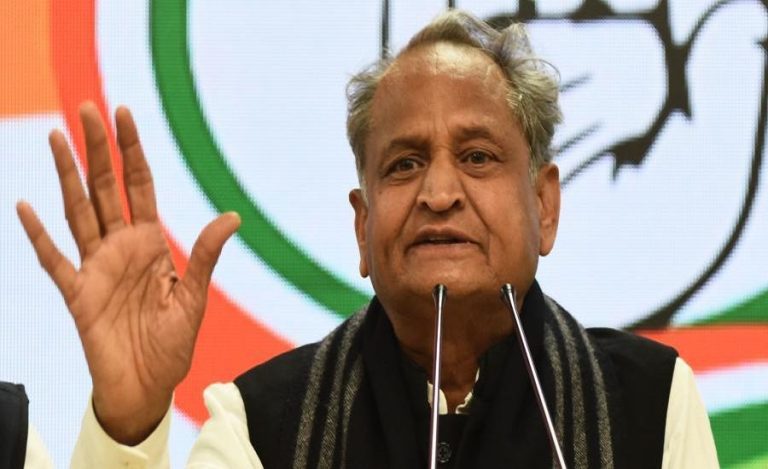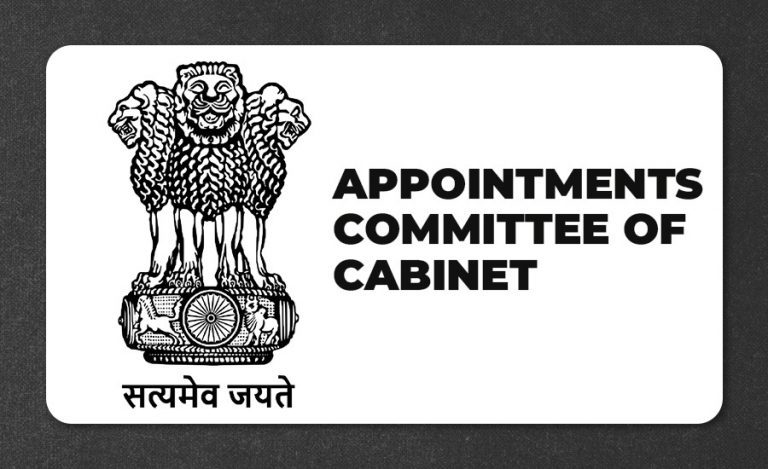New Delhi: With just days left before the Monsoon Session of Parliament begins on July 21, the Ministry of Finance continues to operate without a designated Finance Secretary following the retirement of Ajay Seth on June 30. The delay in naming a successor – now over nine days – has stirred speculation and raised questions about policy leadership at a critical time for India’s economy.
The Finance Secretary plays a pivotal role in coordinating fiscal policy, steering economic reforms, and acting as the administrative head of India’s financial system. The absence of a clear appointee so close to the parliamentary session, during which key economic issues are expected to be debated, is unusual and has triggered a wave of anticipation within bureaucratic and political circles.
Seniority Convention and the Contenders
As per long-standing convention, the senior-most secretary among the six key departments under the Finance Ministry is typically chosen for the role. These departments are:
- Revenue
- Economic Affairs
- Expenditure
- Investment & Public Asset Management (DIPAM)
- Financial Services
- Public Enterprises (DPE)
At present, the senior-most among them is K Moses Chalai, Secretary of the Department of Public Enterprises. A 1990-batch IAS officer from the Manipur cadre and a member of the tribal community, Chalai stands as the most likely contender, should the government follow established precedence.
Political Optics in Play?
The delay has also sparked discussions around political optics and representation. The government has faced criticism from the opposition over the lack of visible representation from marginalized groups in key financial roles – most recently during the Halwa Ceremony linked to the Union Budget.
In this context, appointing Chalai – a senior tribal officer – could address both institutional convention and political sensitivities, reinforcing the government’s stated commitment to inclusivity and balanced representation.
Modi’s Foreign Tour Likely Behind Delay
The delay in appointment may be linked to Prime Minister Narendra Modi’s ongoing foreign tour, which began on July 2 and spans five countries, marking his longest official overseas visit in over a decade. Senior-level bureaucratic appointments, particularly at the Finance Secretary level, often require the Prime Minister’s personal nod.
A similar delay occurred in the past when Tuhin Kanta Pandey was appointed Finance Secretary eight days after his predecessor, Dr. T.V. Somanathan, moved on to become Cabinet Secretary.
Monsoon Session Looms
The Monsoon Session is expected to focus heavily on economic legislation, budget discussions, and investment policy shifts. The presence of a Finance Secretary is crucial for policy coordination, departmental synergy, and liaising with Parliament during the session.
While the Ministry of Finance continues to function under the supervision of its departmental secretaries and the Finance Minister, the absence of a coordinating head during such a crucial period could affect both perception and execution.
The announcement of a new Finance Secretary is expected imminently, with senior officials indicating that the final approval may come soon after the PM’s return from his international visit.

